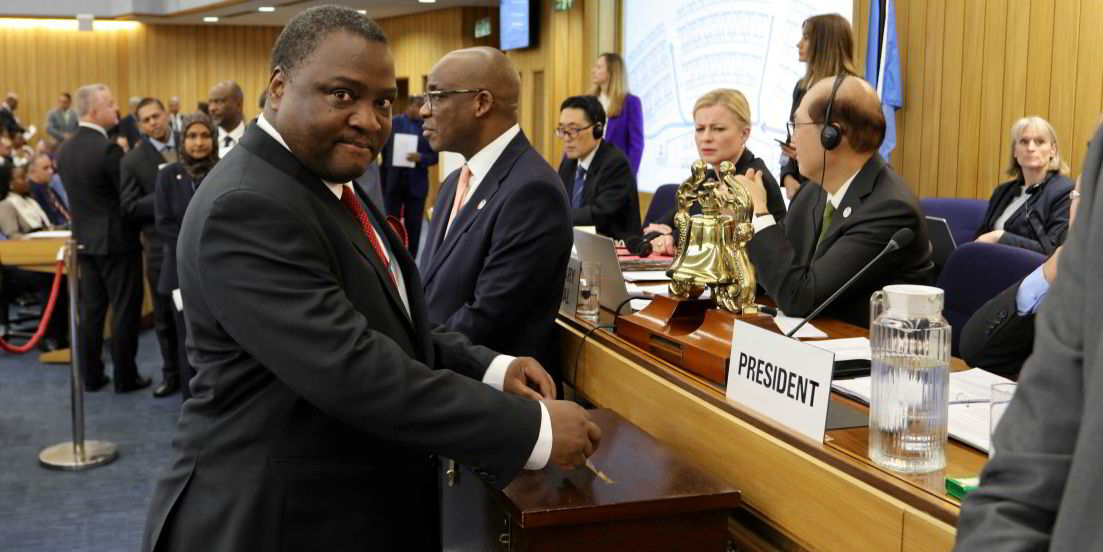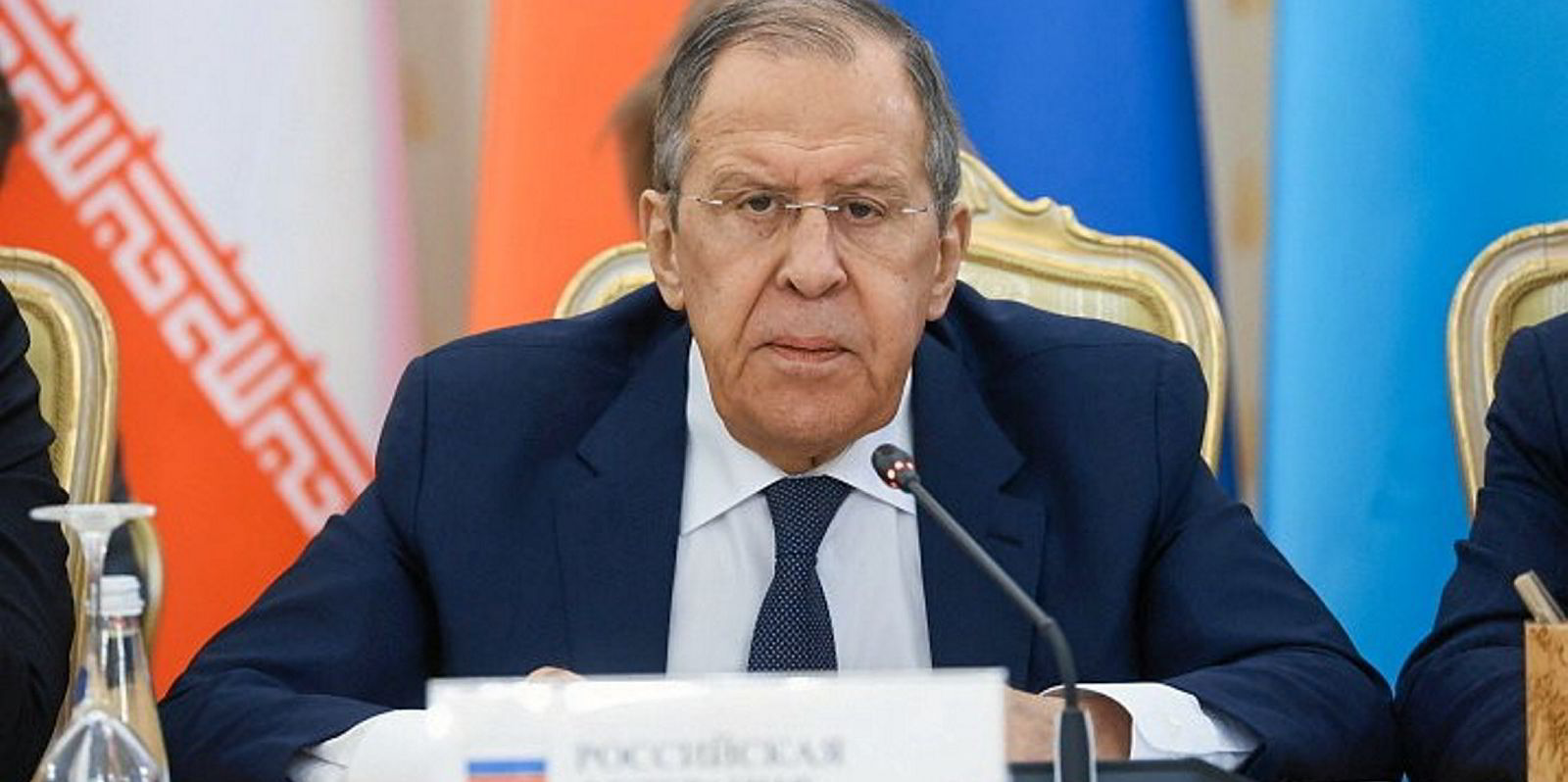One week after ousting Russia from its executive council for the first time in six decades, the International Maritime Organization adopted a strongly worded text against shadowy practices in carrying illicit oil at sea.
In a resolution adopted on Wednesday, the IMO assembly urged flag, port and coastal states to take action against ship-to-ship (STS) transfers servicing “dark” or “shadow” fleets circumventing sanctions.
Flag states are urged to “consider requiring” ships flying their flags to notify when and where they are engaged in STS operations, especially in mid-ocean.
They are also advised to “ensure that ships flying their flag adhere to measures which lawfully prohibit or regulate STS transfers, and that such ships further adhere to the spirit of the safety and pollution prevention requirements in IMO conventions”.
When becoming aware of ships intentionally taking measures to avoid detection, such as switching off their AIS or long-range identification tracking transmissions, or concealing their identity, port states are recommended to subject them to “enhanced inspections” and notify their flag states.
Coastal states are called upon to monitor STS operations in their territorial waters and exclusive economic zones and to collaborate in exchanging information.
Private-sector participants should set up workshops with governments to “enhance capabilities and due diligence practices” to prevent, detect and report the operation of “dark” or “shadow” fleets.
The IMO assembly uses the two terms synonymously for “ships … engaged in illegal operations for the purposes of circumventing sanctions, evading compliance with safety or environmental regulations, avoiding insurance costs or engaging in other illegal activities”.
Tougher stance?
In combination with Russia’s failure to win re-election at the IMO council, Wednesday’s resolution suggests a hardening of the regulator’s position on Moscow over its invasion of Ukraine.
In a resolution adopted on 4 December, the IMO commended Ukraine for setting up its own, independent maritime grain corridor in the Black Sea — after Russia withdrew from a United Nations-protected scheme earlier this year — and offered technical help to make it work more smoothly.
On the other hand, there is a growing realisation that Western sanctions — a G7 oil price cap in particular — have failed to dent Moscow’s foreign currency earnings and hamper its war effort.
The bulk of its oil continues to be carried by a growing fleet of little-known operators based in countries that have not imposed sanctions, such as China, India, the United Arab Emirates and Turkey.
Western European shipping, mainly from Greece, is also still active in the trade, asserting that it complies with the price cap.
On Tuesday, Russia and Iran issued a joint declaration in which they dismissed Western sanctions against them for violating the UN charter and international law, and said they are entitled to seek compensation.






